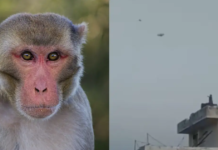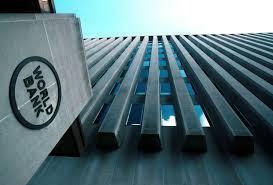WB has warned South Asian countries vividly that a deep recession may take place in South Asia countries, specifically poor countries.
People living in South Asia are among those poor people of countries who can’t get medical facilities, even soap. It is a harsh reality that they live in tiny places that they cannot keep social distance even in their homes.
South Asian countries include Afghanistan, Bangladesh, Bhutan, India, Maldives, Nepal, Pakistan, and Sri Lanka.
According to the WB, Afghanistan and the Maldives are also among the countries that can suffer the recession.
The global lender said: “Pakistan, which has already experienced low growth rates in recent two years, could well fall into a recession. With 1.8% population growth, that would imply a painful decline in per-capita income”.
South Asia will not be able to export its products, and in response, there will be a serious adverse effect on its economy, said the WB report.
The report predicts that the Maldives will be the worst-hit country where the collapse of tourism will result in gross domestic output contracting by as much as 13%, while Afghanistan could down by as much as 5.9% and Pakistan by up to 2.2%.
The region, comprising eight countries, is likely to witness economic growth of 1.8% to 2.8% this year as compared to 6.3% projected by the WB six months ago.
India’s economy, according to the report, is likely to register 1.5% to 2.8% growth in the fiscal year that started on April 1. it has estimated it will go up to 5% in the fiscal year that ended on March 31.
“The green shoots of a rebound that were observable at the end of 2019 have been overtaken by the negative impacts of the global crisis,” the World Bank report said.
Other than India, the WB forecast that Sri Lanka, Nepal, Bhutan, and Bangladesh will also see a sharp fall in their economic growth.






























